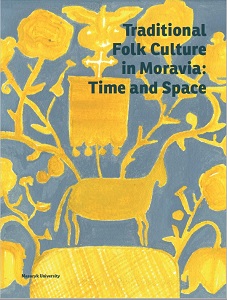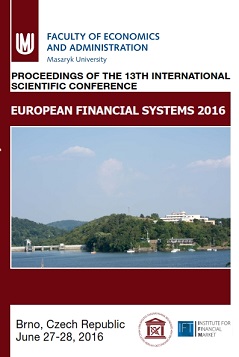
Healing Incantations
Healing Incantations
Keywords: Moravia; healing herbs; Health;
In the realm of magic behavior and attitude, there are a noteworthy number of common phenomena throughout Moravia that often crossed the national and linguistic borders. This article does not address the level resulting from the universality of the phenomenon of magic as a principle of thinking on which it is based, such as a conviction of the existenceof a power which is transferrable despite distance and time – that is in the presentand for the future – thanks to the bounds between particular objects and phenomena; or the opinion that symbols based on a contactand a similarity to the symbolized are in an active contact to it, can take over its strength or to influence it.
More...
